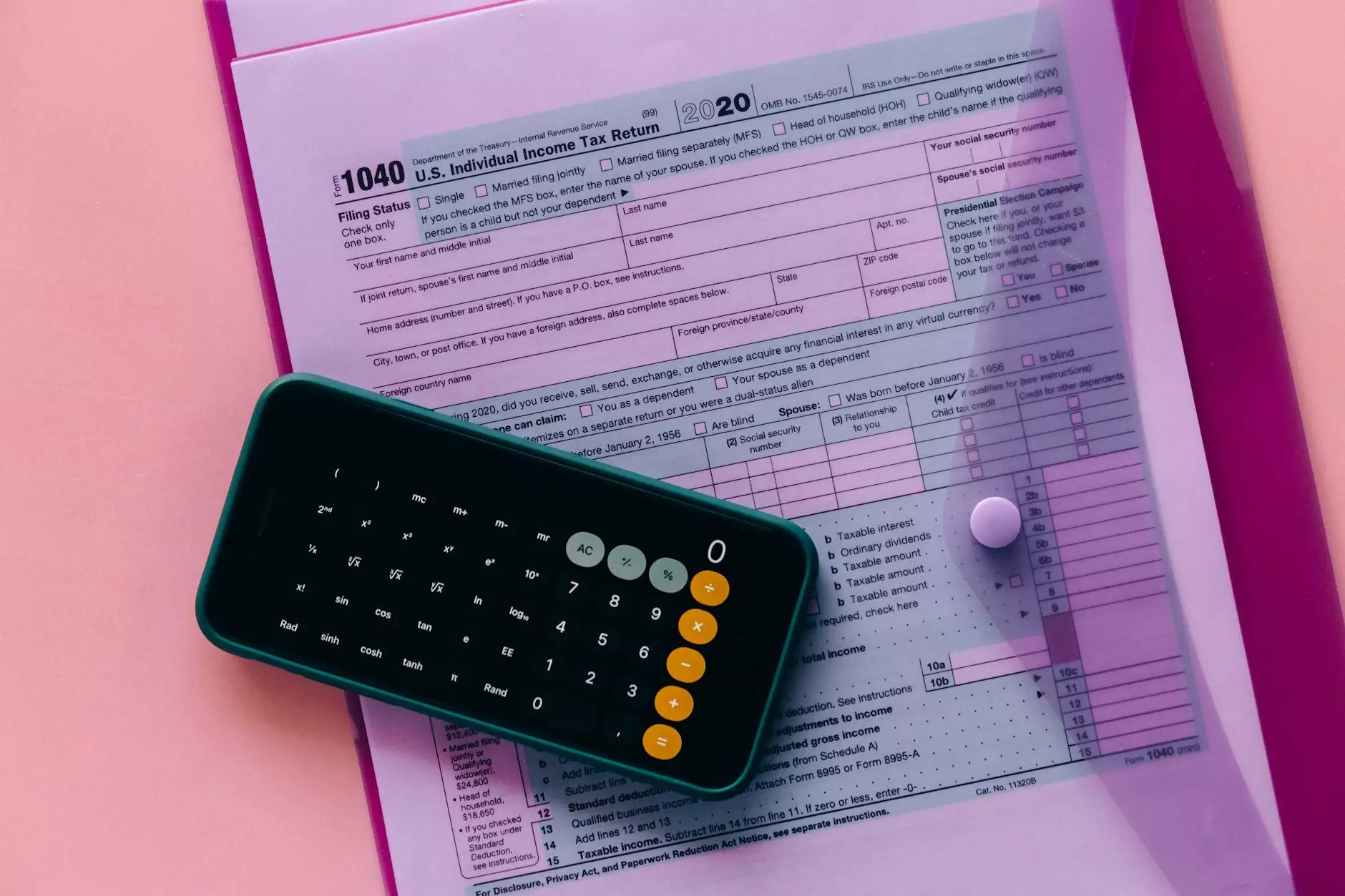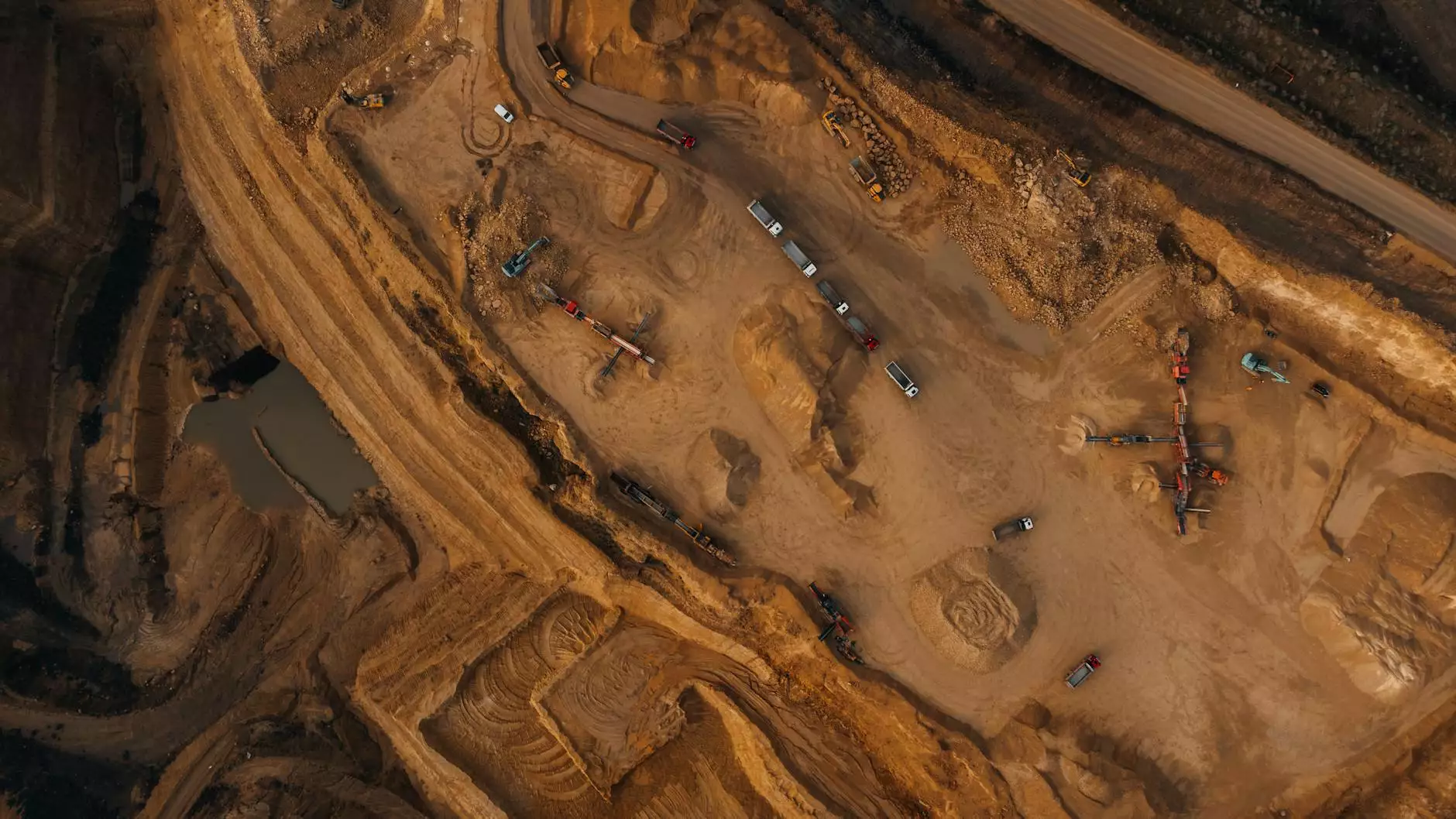Food Waste Reduction

Introduction
Welcome to Festivals Bazar's comprehensive guide on Food Waste Reduction. In this article, we will discuss effective strategies and tips for minimizing food waste at both the individual and organizational levels. By implementing these practices, you can make a positive impact on the environment, reduce your ecological footprint, and contribute to a more sustainable future.
The Impact of Food Waste
Food waste is a pressing global issue that has significant environmental, social, and economic consequences. When food is wasted, all the resources that went into producing it, including water, energy, and labor, are wasted as well. Additionally, food waste generates greenhouse gas emissions, contributing to climate change. By reducing food waste, we can conserve resources, decrease greenhouse gas emissions, and alleviate pressure on landfills.
Tips for Individuals
1. Proper Meal Planning
One of the key steps in reducing food waste is proper meal planning. Plan your meals ahead of time, make a shopping list, and stick to it. This way, you will only purchase what you need, minimizing the chances of food going to waste.
2. Smart Storage
Proper food storage plays a crucial role in preventing spoilage. Invest in airtight containers and use them to store leftovers, fruits, and vegetables. Make sure to label and organize your fridge and pantry so that food items don't get forgotten and wasted.
3. FIFO Method
Follow the "First In, First Out" (FIFO) method when organizing your food. Place newer items at the back of the fridge or pantry and bring forward the older ones. This way, you'll be more likely to use items before they expire.
4. Creative Cooking
Get creative with your cooking by finding ways to use up leftover ingredients. Think of delicious recipes that can incorporate those unused vegetables, meats, or grains. Not only will you reduce waste, but you'll also discover new and exciting meals!
5. Sensible Portioning
When serving meals, consider portion sizes to avoid over-serving. Start with smaller portions, and let everyone have seconds if desired. This way, you'll minimize plate waste and save leftovers for future consumption.
Organizational Strategies
1. Donation Programs
Establish partnerships with local food banks or nonprofit organizations to donate excess or near-expiry food items. By redirecting these resources to those in need, you can make a positive impact in your community while reducing waste.
2. Composting
Implement a composting program within your organization to divert food waste from landfills. Composting allows food scraps to be transformed into nutrient-rich soil, which can be used for gardening or donated to local farmers.
3. Inventory Management
Invest in inventory management systems that track food items, their shelf life, and expiration dates. This way, you can efficiently manage your stock, reduce the chances of food spoilage, and minimize waste.
4. Education and Awareness
Organize workshops or training sessions to educate employees about the importance of food waste reduction. Create awareness campaigns to encourage behavioral changes, such as reducing plate waste and using reusable containers for takeout meals.
Conclusion
Reducing food waste is a collective effort that requires both individuals and organizations to take action. By implementing the tips and strategies outlined in this guide, you can make a significant difference in minimizing food waste and its environmental impact. Let's work together towards a more sustainable future by combating food waste and promoting responsible consumption.










